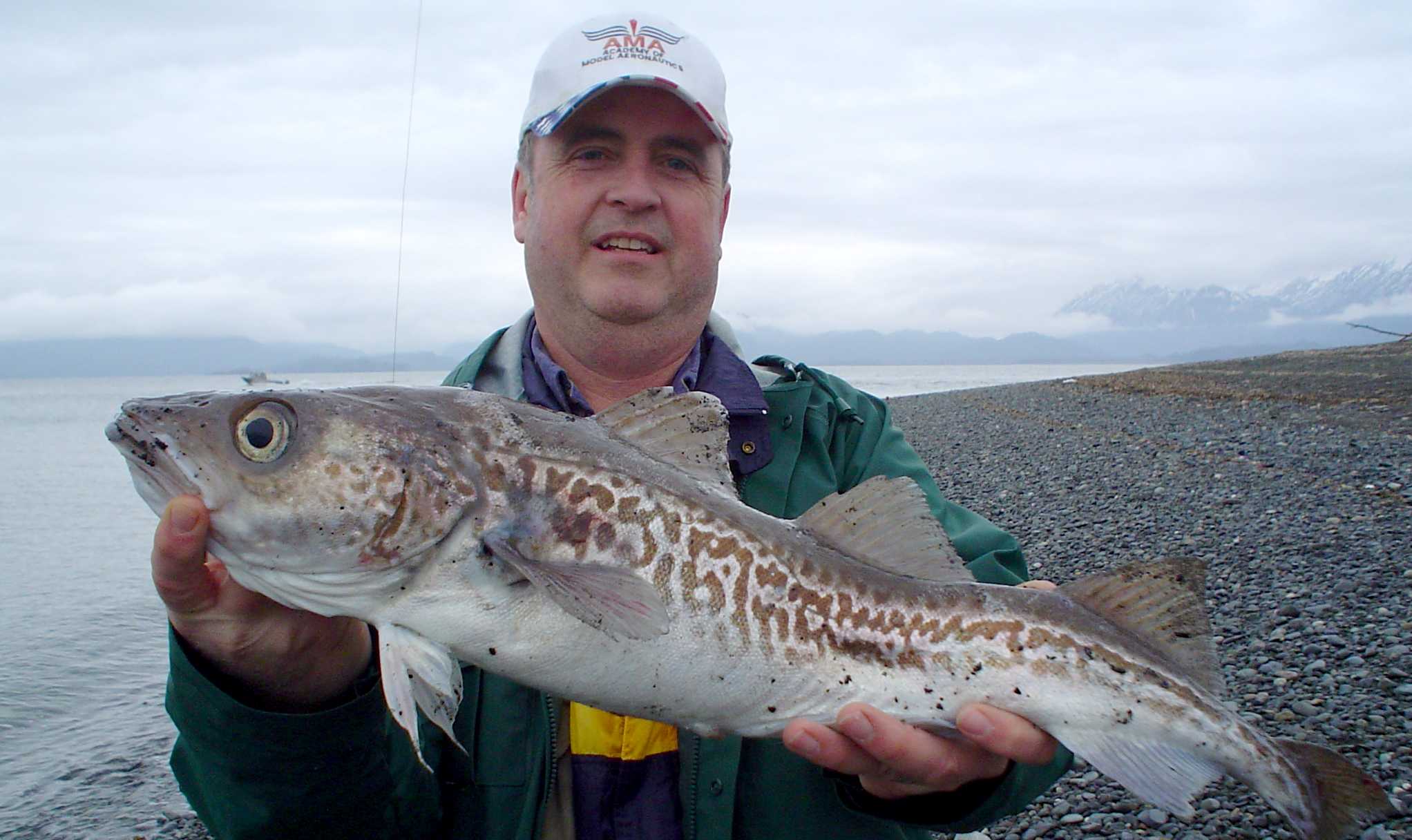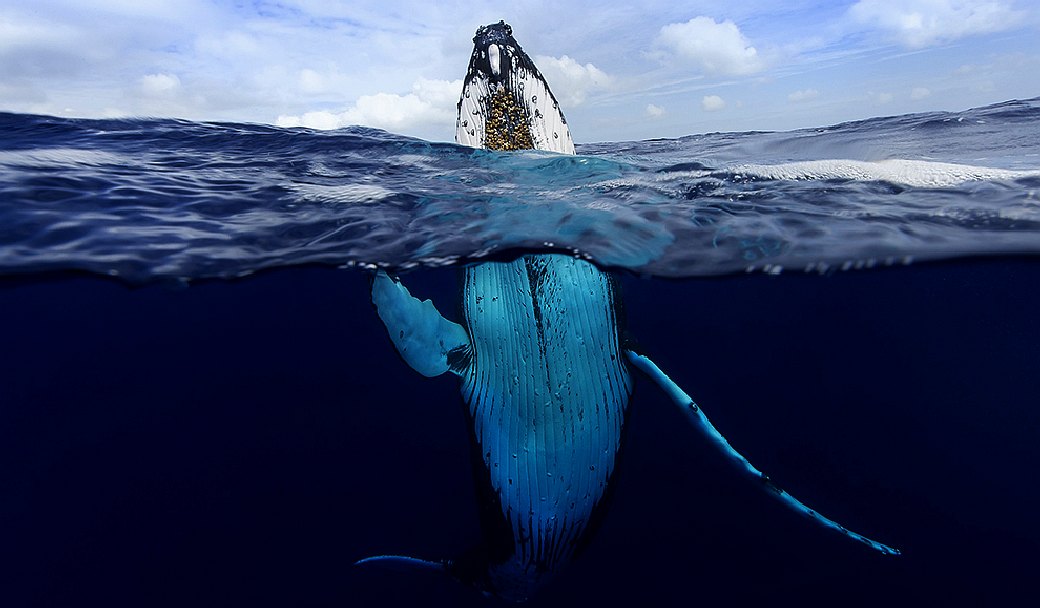|
POLLOCK
ABOUT - HOME - WHALING - A-Z INDEX
Anchovies | Bass | Bream | Catfish | Clams | Cod Coley | Crabs | Crayfish | Eels | Grouper | Haddock | Hake | Halibut | Herring | Jellyfish Krill | Lobster | Mackerel | Marlin | Monkfish | Mullet | Mussels | Oysters | Perch | Plaice | Pollock | Prawns | Rays | Sablefish | Salmon Sardines | Scallops | Sharks | Shrimp | Skate | Sole | Sprat | Squid | Sturgeon | Swordfish | Trout | Tuna | Turbot | Whiting
ALASKA 2016 - Pollock is the largest fishery in the U.S. producing 2.9 billions pounds and accounting for 11 percent of U.S. seafood intake. In the North Pacific management region, pollock accounted for $406 million worth of landings.
The pollock season began Jan. 20 with an increased quota of 1.34 million metric tons, thanks to a December 2015 North
Pacific Fishery Management Council aimed at curbing halibut bycatch in other groundfish sectors. This is 30,000 metric tons more than the year before.
With more fish to catch and sell, Congress has now made Alaska’s highest volume fishery easier to market.
In an effort to feed a growing population we should look at alternatives lower down the food chain to increase the ratio at which protein is harvested from the ocean, so bypassing the conventional food chain where at each stage of consumption there are significant losses in the conversion process. Jellyfish, squid, krill and filter feeders such a mussels could play a part in filling the widening gap between falling fish stocks and higher demand to feed humans - so relieving the pressure on tuna, salmon and other popular white fish. The problem being that plastic in the ocean is poisoning all marine life, making seafood potentially toxic and a health risk in years to come.
ABOUT POLLOCK
Atlantic pollock is largely considered to be a whitefish, although it is a fairly strongly flavored one. Traditionally a popular source of food in some countries, such as Norway, in the
United Kingdom it has previously been largely consumed as a cheaper and versatile alternative to cod and haddock. However, in recent years, pollock has become more popular due to overfishing of cod and haddock. It can now be found in most supermarkets as fresh fillets or prepared freezer items. For example, it is used minced in fish fingers or as an ingredient in imitation
crab meat.
Pollock is the common name used for either of the two species of North Atlantic marine fish in the genus Pollachius. Pollachius pollachius is referred to as pollock in both North America and the United Kingdom, while Pollachius virens today is usually known as coley in the British Isles (derived from the older name coalfish). Other names for P. pollachius include the Atlantic pollock, European pollock, lieu jaune, and lythe; while P. virens is also known as Boston blue (distinct from bluefish), silver bill, or saithe.
The currently recognized species in this genus are:
ED CUNNINGHAM - Nice fish. A large Alaskan pollock caught by the prolific sports fisherman, no doubt as a tasty meal.
LINKS & REFERENCE
http://www.iammistered.com/derby/5thderby/ed-stringer.htm http://www.alaskajournal.com/2016-01-21/fda-only-alaska-pollock-alaska-pollock
MARINE LIFE - This humpback whale is one example of a magnificent animal that is at the mercy of human activity. Humans are for the most part unaware of the harm their fast-lane lifestyles are causing. We aim to change that by doing all we can to promote ocean literacy.
Anchovies | Bass | Bream | Catfish | Clams | Cod Coley | Crabs | Crayfish | Eels | Grouper | Haddock | Hake | Halibut | Herring | Jellyfish Krill | Lobster | Mackerel | Marlin | Monkfish | Mullet | Mussels | Oysters | Perch | Piranha | Plaice | Pollock | Prawns | Rays | Sablefish | Salmon Sardines | Scallops | Sharks | Shrimp | Skate | Sole | Sprat | Squid | Sturgeon | Swordfish | Trout | Tuna | Turbot | Whiting
This website is provided on a free basis as a public information service. Copyright © Cleaner Oceans Foundation Ltd (COFL) (Company No: 4674774) 2022. Solar Studios, BN271RF, United Kingdom. COFL is a charity without share capital.
|

